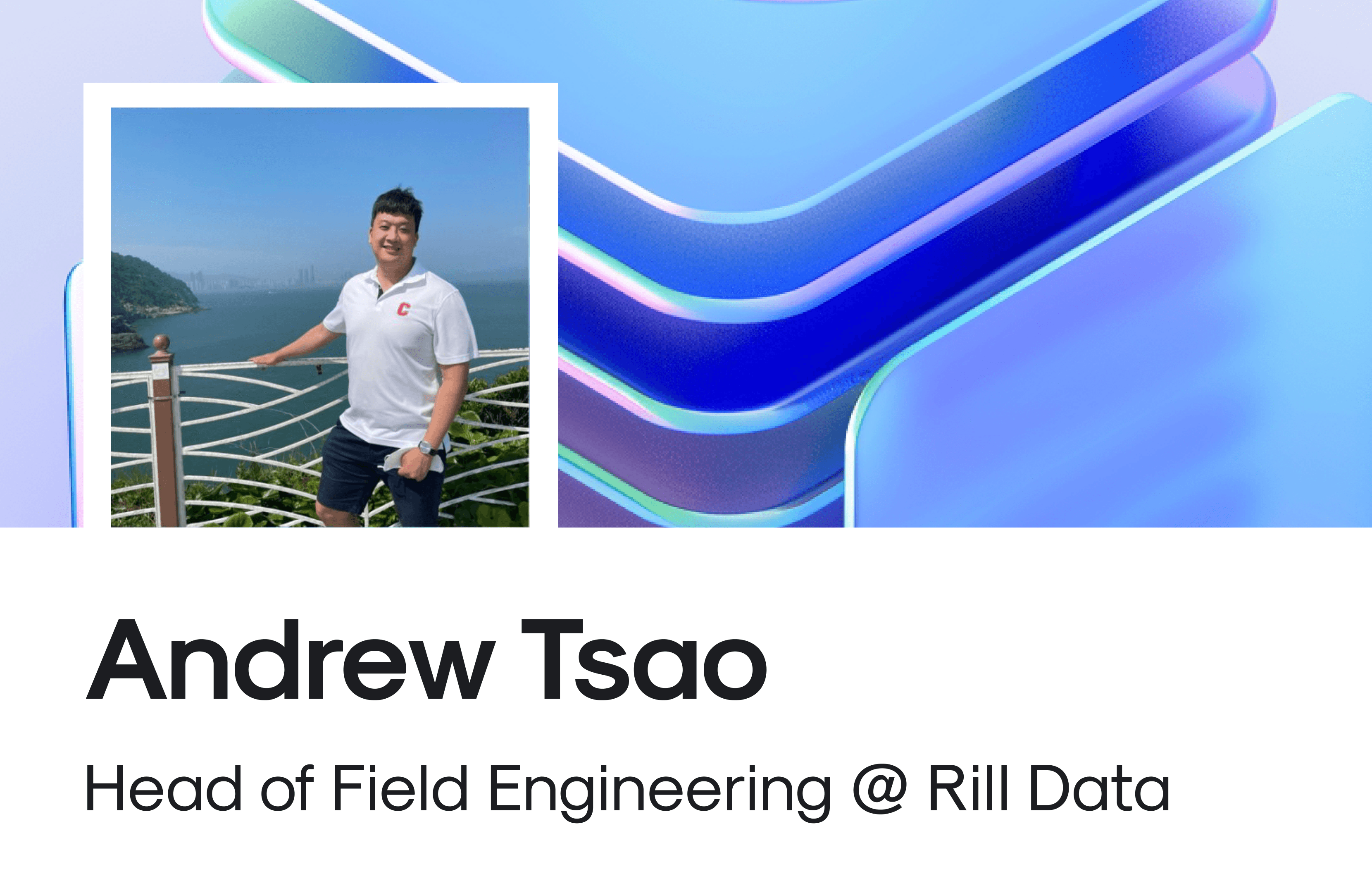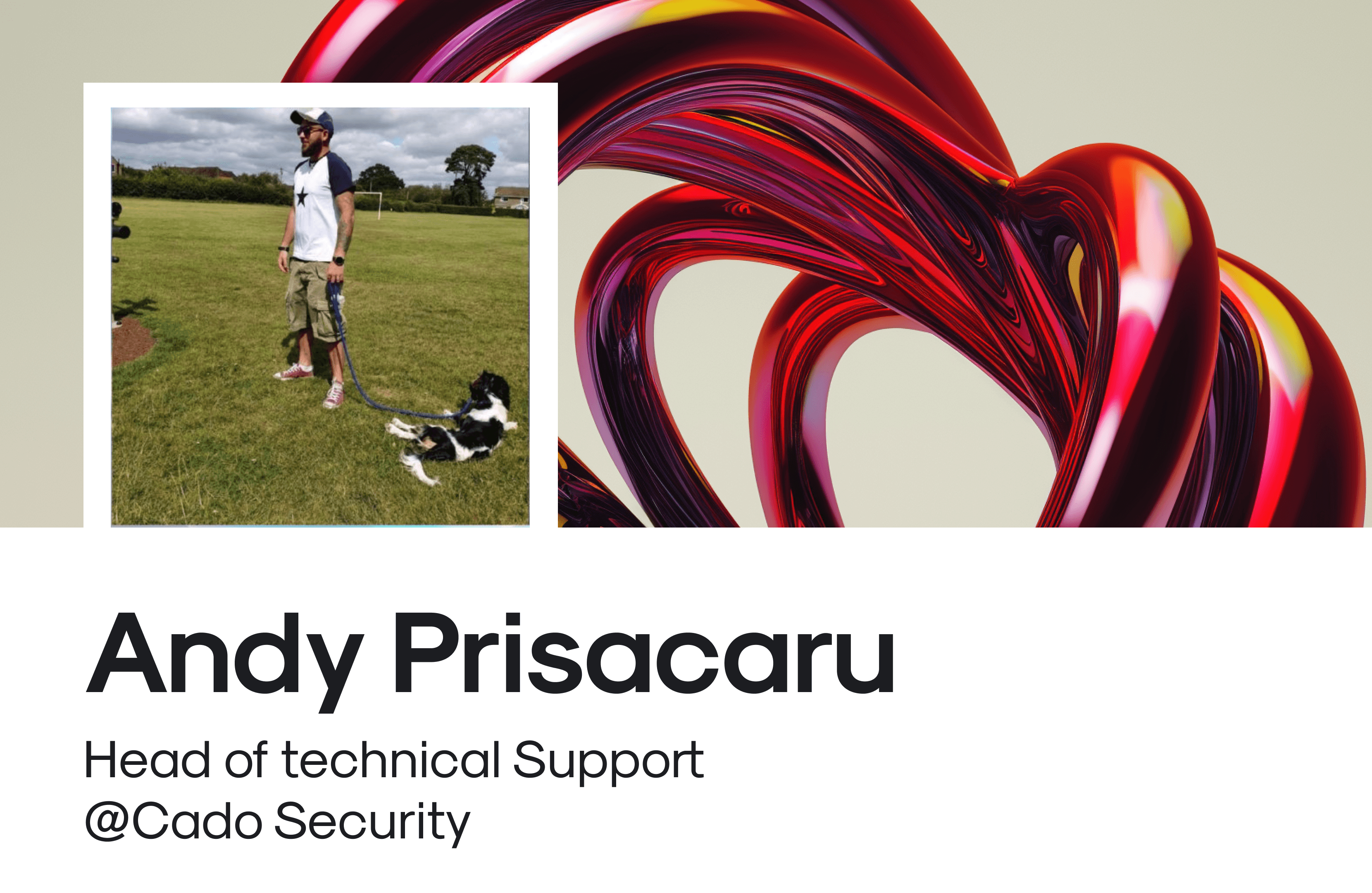How did you get into support?
My first job out of university was as a TSE at MicroStrategy, and the rest is history 🙂
In all seriousness, working in Support isn’t something you study for in college. However, analytical skills, critical thinking, and problem-solving abilities from my engineering studies (Operations Research) translated well into the role. I also enjoyed the multidisciplinary and cross-functional aspects, including working with both technical and non-technical personas.
What do most people get wrong about support?
A common misconception, which is beginning to change, is viewing Support/Success as a cost center. A high-functioning support organization, deeply knowledgeable and empathetic to customer pain, can be a differentiator, build trust, and even generate revenue. Premium support is almost always table stakes for larger enterprises, helping with renewals for at-risk accounts and leading to significant ARR. Done well, it may go unnoticed; done poorly, it certainly stands out!
What has surprised you most about building a support team?
The importance of building from first principles.
I’ve been part of several high-performing teams and helped build or scale a few myself. No two support teams or organizations look exactly the same, which makes sense given that no two companies or products are identical. This principle also applies to scaling support teams across regions.
While best practices exist and can be borrowed, the most successful teams, in my experience, are built from first principles, considering the organization’s actual needs, the personnel, and the technical/domain expertise required. Contextualization and localization will always be necessary.
How do you see post-sales teams evolving when it comes to AI?
In the long run, I believe AI will significantly improve the efficiency and efficacy of individual support engineers. You may see your average support engineer become a “2x,” “5x,” or even the heralded “10x” support engineer in some cases. At the same time, for more technical products (technical support engineering vs. customer service), I don’t believe AI will fully replace or eliminate the need for high-quality support engineers.
Rather than spending too much time working on mundane or routine L1-L2 tickets, support engineers and post-sales functions as a whole will be freed to spend more time on deep knowledge work or proactive account strategy and relationship building. AI will certainly speed up tasks like searching for information or setting up environments to reproduce issues, but there will still be a need for validation and corrective actions (similar to how a senior engineer might guide junior team members). Additionally, instead of being “reactive,” AI can handle that aspect, while humans are better suited to spot opportunities to engage an account, plan a proactive course of action, or drive success. Ultimately, AI will serve as an enabler and tool for those who know how to leverage it effectively.
(One area where I expect AI to be highly disruptive is outsourcing and 24x7 support. Why outsource a team when AI is eventually cheaper, never sleeps, never complains, and doesn’t get tired? Plus, when that off-hour ticket comes in, AI will likely become more effective than humans at quickly triaging the issue and escalating it to the appropriate resources.)
Explore more
Get started today
We'll walk you through how you can get started and provide recommendations on how to scale your team and setup.




